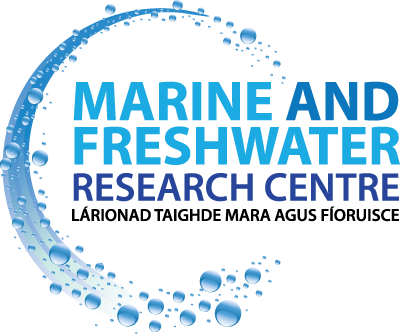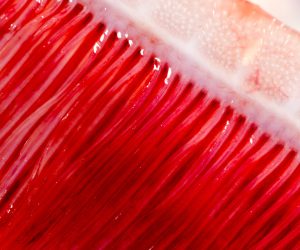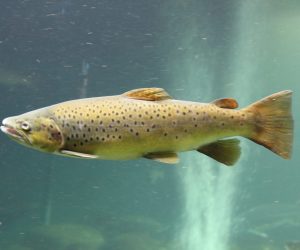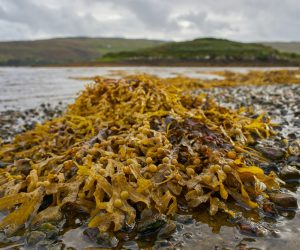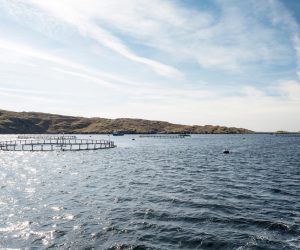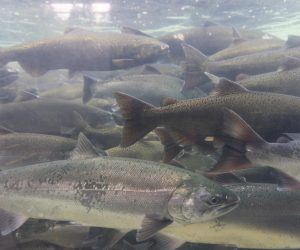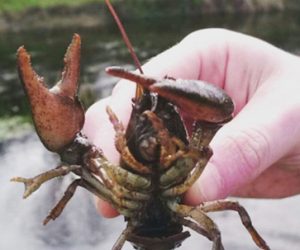I hold an Honours degree in Industrial Biochemistry (2003) and a PhD (2008) from University of Limerick. My PhD research focussed on purifying and crystallising the membrane protein complex cytochrome caa3-oxidase from Thermus thermophilus using the lipidic cubic phase method of crystallisation. I was a postdoctoral researcher at the University of Frankfurt, Germany where I researched molecular mechanisms of antibiotic resistance. I used structural and molecular biology techniques as well biochemical methods to research tripartite antibiotic resistance complexes including AcrAB-TolC from Escherichia coli and VexEF-TolC from Vibrio vulnificus. After a short stint as a Medical Writer in Frankfurt, I joined GMIT in 2015, lecturing in Biochemisty in the Department of Biopharmaceutical and Medical Science. My current research with the MFRC’s Fish Health and Molecular group uses proteomic and molecular techniques to investigate host-pathogen interactions and biomarkers, particularly those relating to fish health. Additionally, our research includes the purification and functional analysis of antimicrobial peptides from marine organisms.
